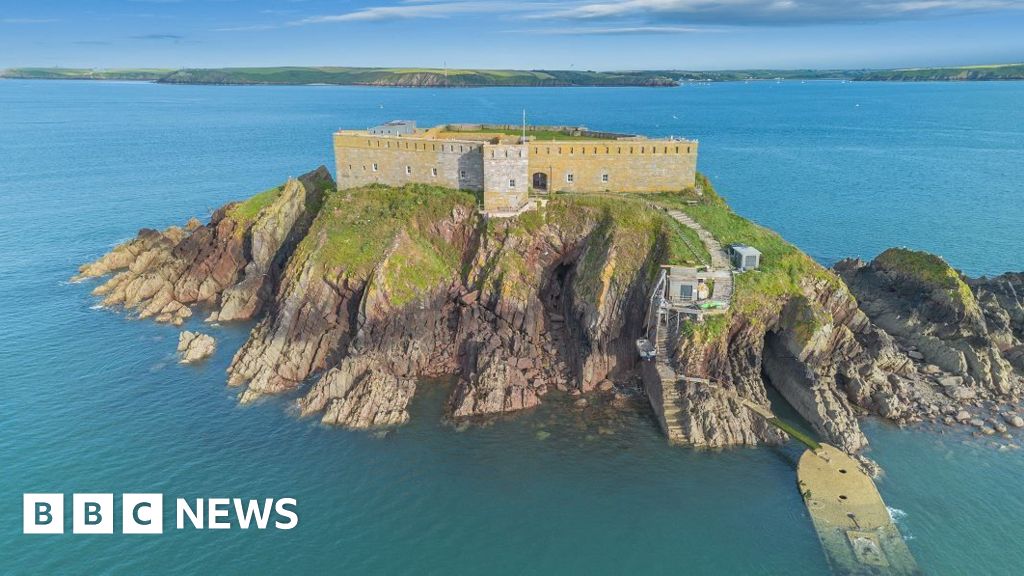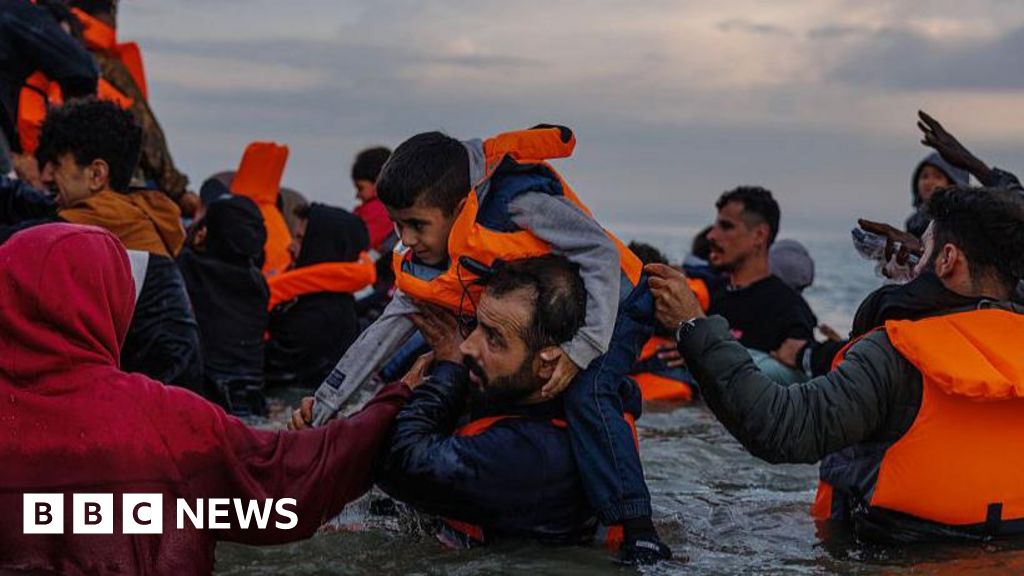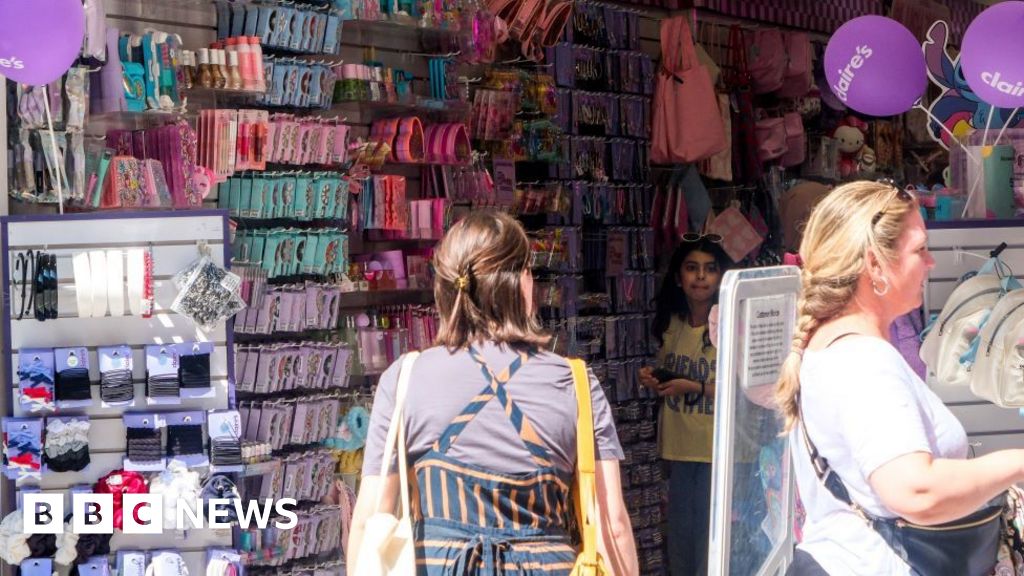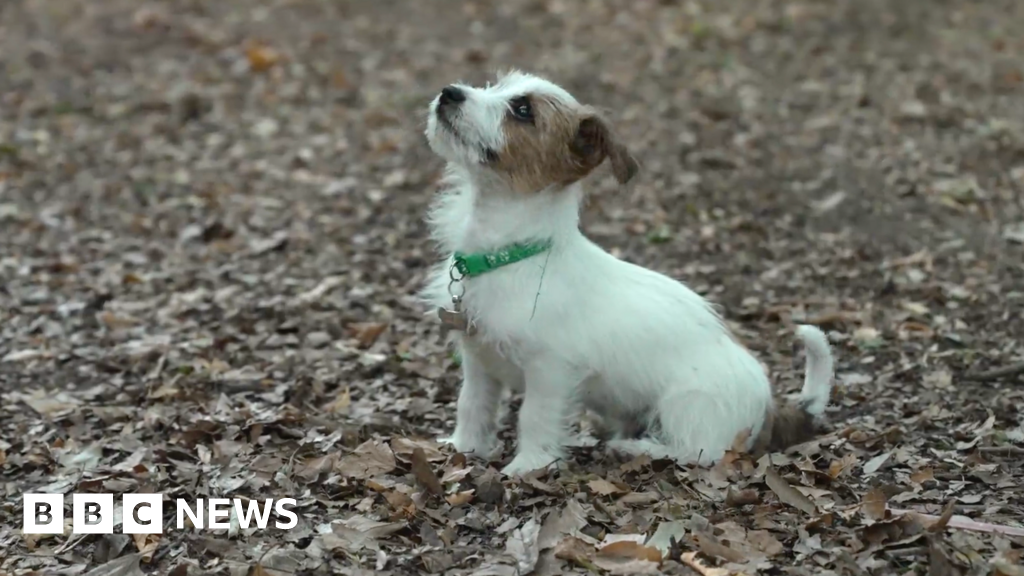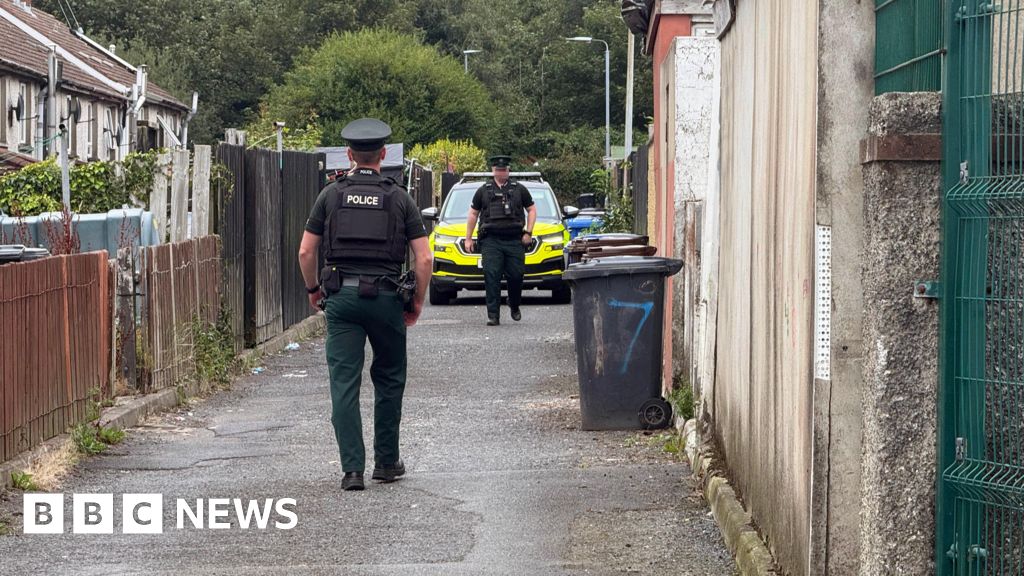- The FIRST LEGO Open Africa Championships returned to Africa, with 80 teams of young participants building robots to solve ocean problems.
- The event emphasises critical 21st-century skills like collaboration, problem-solving, and critical thinking, enhancing STEM education beyond classrooms.
- Teams presented creative solutions, including apps and advanced robots, fostering mentorship, collaboration, and inspiring future engineers.
The FIRST LEGO Open Africa Championships has returned to Africa after 10 years – this time with the theme “Submerge”.
The three-day event, from 7 to 9 May, hosts 80 teams of budding engineers and coders. Participants are challenged to build and code a robot, identify a problem facing the planet’s oceans, and devise a solution.
At the Cape Town International Convention Centre, LEGO structures clawed, spun and scooped around the room as young engineers stood in anticipation, hoping their robots survived the commute.
Organiser Dr Patricia Gouws told News24 that having the event in Africa was something special. “Having 1% of all robotics teams exist on the African continent is, for me, not okay. Of the 100 000 [international] robotics teams, Africa doesn’t even have 1 000. And that’s not okay. We need to start now.”
READ | From political lockup to science legacy - Rob Martin Adam's triumphant journey
This year, 42 countries have joined the fun. Twenty-five teams are from South Africa, and another 25 are from other African countries – and all participants are aged between 9 and 16.
A combination of excitement, friendly competition, and life-changing ideas echoed through the hall. It was electric and colourful with both LEGO blocks and ideas.
STEM in South Africa
The practical experience of building and competing, alongside the opportunity to network, is more than a classroom and a written exam could provide.“This is about skills. And engineers need 21st-century skills. And we’re not teaching [these] at school. We’re not teaching them collaboration. We’re not teaching them problem-solving. We’re not teaching them critical thinking,” Gouws told News24.

This is only the second time the event has been held on African soil, the first being in 2015 in Johannesburg. Many of those who participate eventually become judges and referees.
“Some of the referees, some of the judges, some of the coaches; they’ve been here before. Ten years ago, they were on the team; they were the learners. And so it’s a pay-it-forward model. They are here to encourage the next generation. And that’s the only way. Mentorship. Community. Together. Collaboration.”
Not only do the participants build robots. They build friendships, networks and confidence, too.
Aim of the game
Former participant and now judge Dr Lara Gouws explained that the competition has two parts: robot games and judging interviews.
Robot Game is played on a large board with different missions. Some require the robot to flip, lift or turn certain LEGO objects on the play board.
Teams have 2.5 minutes to complete as many tasks as possible to score points. Teams can only touch their robots in designated areas, or they lose points.

Judging interviews include a project presentation where teams identify a problem related to the theme and propose a creative solution. This also includes robot coding and programming.
Lastly, the judging interview looks at how teams interact, solve problems and handle conflicts.
Some of the achievements include:
• Robot Game Award: For the highest score in the Robot Game.
• Project Award: For the best research and solution presentation.
• Robot design/programming awards: For innovative and effective design/programming.
• Core Values Award: For exceptional teamwork and demonstration of values.
• Champion’s Award: The top prize awarded to teams that excel across all aspects – robot performance, project, programming, teamwork, and adherence to core values.
With awards like these, every kid goes home feeling like they conquered the world – or the ocean.
Teams and their solutions
Having started their team in a garage, and now displaying their talents on international stages, the Cyber Tigers from Swellendam developed an app to help identify rip currents. The app is a solution to the number of unnecessary ocean deaths due to a lack of awareness.

Hailing from Mpumalanga, Robo Ninjas’ team captain Tatenda Mandude, 15, described their robot as “compact, gravity-centred, [with] good traction, slightly square-shaped; so many advantages that can help us in the robot game.”
“If it wasn’t for [FIRST LEGO League], we wouldn’t have been here. Some of us wouldn’t have discovered our love for robotics. Now, some of us are actually going to do megatronics.”

The Sharks are a young team from KwaZulu-Natal captained by Jewairiya Michael, 16. She explained that their “RoboShark” has seven attachments – some passive and others that work with a medium motor.
“We have two colour sensors at the bottom of our robot. This helps us follow the line on our board as we do the different obstacles. We have medium wheels. This makes it easier to drive through our board. And, in total, we have a box-shaped robot. This helps our robot align to the board, which makes our runs more accurate and consistent.
“Our team is feeling super appreciative right now to have this opportunity to be here. And to represent South Africa. And we’re here to make our country proud. And our coach is proud because we couldn’t have done anything without them. And they are the reason we’re here today.”

Johannes de Vries, FIRST operational partner, officially opened the event on Wednesday, 7 May. It concludes with the awards ceremony on Friday.
 (1).png)
 3 months ago
80
3 months ago
80

